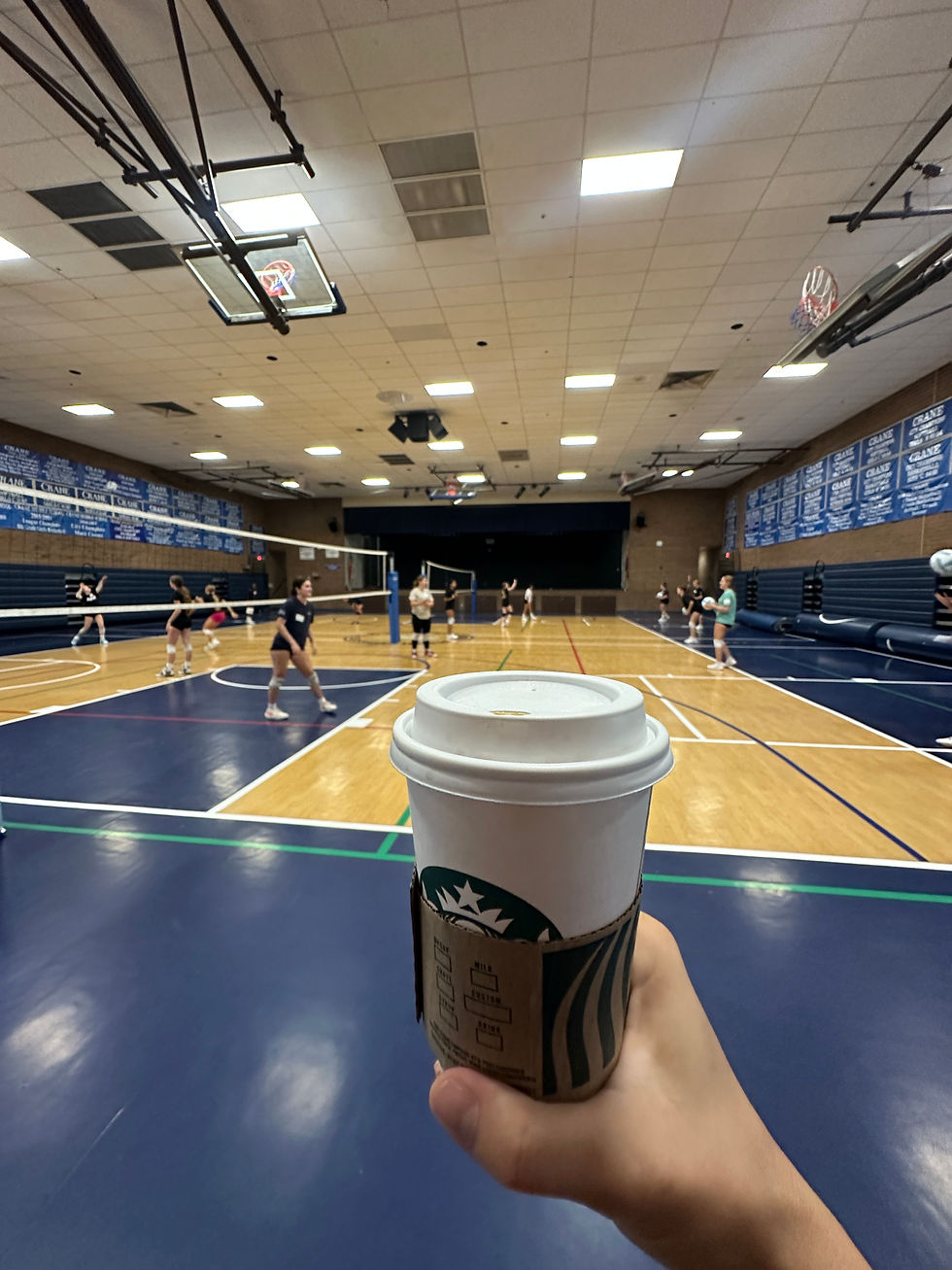Understanding Playing Time: A Guide for Volleyball Parents
- Alison Kay Furno

- May 12, 2025
- 1 min read

Understanding Playing Time: A Guide for Volleyball Parents
One of the biggest challenges parents face in youth volleyball is understanding why playing time isn’t equal. It’s natural to want to see your child on the court as much as possible, but playing time is influenced by many factors beyond just skill. Coaches carefully manage rotations based on attitude, effort, teamwork, strategy, and overall team development.
More Than Just Skill
While skill level is important, playing time also depends on:
Mindset & Attitude: Players who show up ready to learn, support teammates, and bring positive energy to practice and games often earn more opportunities.
Work Ethic: Hustle, determination, and willingness to improve play a major role in earning playing time.
Team Needs: Sometimes a team needs a strong passer, a consistent server, or a defensive leader—these roles might shift game to game.
Strategy: Coaches make decisions based on matchups, opponent strengths, and overall team balance, meaning rotations aren’t always predictable.
Ways Parents Can Gain Perspective & Stay Engaged
Celebrate Growth Over Playing Time – Rather than focusing solely on minutes played, watch for improvements in confidence, teamwork, and skills.
Support Team Success – Volleyball is a team sport, and every player contributes—whether they’re on the court or supporting from the sidelines.
Encourage Resilience – Learning to handle less playing time teaches valuable life lessons about patience, perseverance, and earning opportunities through hard work.
Communicate Thoughtfully – If you have concerns, approach coaches with a focus on development rather than demanding more minutes.
When parents shift their focus from individual playing time to overall growth, the experience becomes much more rewarding for players, families, and teams alike. Every role matters, and every player has a chance to make an impact!




Comments